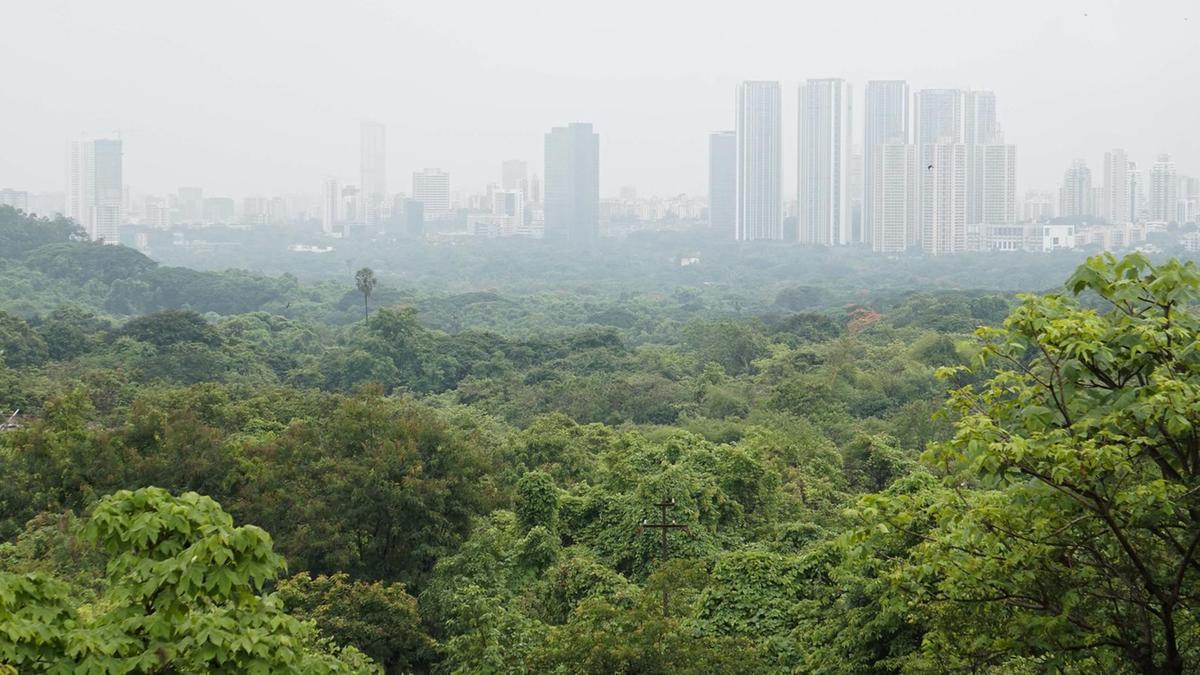Asha Bhoye has lived her whole life among dense forest in the otherwise metropolitan city of Mumbai. As far as she knows, at least three generations of her family, tracing back over a century, have occupied a small, quickly depleting, yet dense, patch of jungle in the heart of India’s commercial capital.
“We lived here before you could call this city a city,” she says.
But a new project by Mumbai Metro Rail Corporation Limited to build a metro line for the rapidly growing city threatens to destroy large parts of the Aarey Colony, the forest land that Ms Bhoye, 43, and other tribals call home.
The urbanisation project will require the felling of over 2,700 trees in the Aarey Colony forest, which will affect the tribal groups living in those lands, as well as the local wildlife, flora and fauna, all to build a train shed.
“I live in Prajapur pada in Aarey, and there are 27 padas that are home to over 1,000s people,” she estimated. Pada is a Marathi word for hamlet.
According to official counts, there are over 9,000 tribal people living in forest land that currently covers over 1,200 hectares of the city’s land. The proposed metro shed threatens to claim over 33 hectares of this area.
Several civil and political groups have come forward over the past five years to support efforts by the local tribes to protect their land against urbanisation. However, in recent months the campaign has taken on a sense of urgency as work on the Mumbai Metro project has begun, despite protests against it.

“I have already lost about 15 trees as well as land to their indiscriminate construction. I have lost parts of my orchard and trees that help support my family,” said Ms Bhoye, who like many in her tribe depend on the land for sustenance. They grow fruit and vegetables, the excess of which they sell.
The Forest Rights Act, a law from 2006, granted tribal groups a legal claim over that has helped them delay some of the urbanisation projects. However, threats from the metro project continue to loom.
Read full story on The National UAE
